The Importance of Recycling in the Fight Against Global Warming
In today's world, the conversation around global warming is more critical than ever. With rising temperatures and extreme weather events becoming the norm, we must explore every avenue to combat this pressing issue. One of the most effective and often overlooked solutions is recycling. You might wonder, how can something as simple as sorting your trash make a difference in the fight against climate change? Well, let’s dive into the many ways recycling plays a pivotal role in mitigating global warming.
Recycling is not just about reducing waste; it’s about conserving our planet's precious resources. When we recycle materials like paper, glass, and metals, we significantly reduce the amount of waste sent to landfills. This, in turn, leads to a healthier ecosystem. For instance, recycling aluminum saves up to 95% of the energy required to produce new aluminum from raw materials. Imagine the impact if every household made a conscious effort to recycle! Not only does recycling conserve natural resources, but it also helps in lowering greenhouse gas emissions. By using recycled materials, we decrease the demand for new raw materials, which often require energy-intensive extraction processes that contribute to global warming.
Now, let’s talk money. Recycling isn’t just an environmental boon; it’s an economic powerhouse as well. It creates jobs and stimulates local economies. According to recent studies, the recycling industry generates over 1.1 million jobs in the United States alone, spanning various sectors from collection to processing. This is not just a number; it represents real people earning a living and contributing to their communities. Additionally, by reducing the costs associated with waste disposal and resource extraction, recycling provides significant economic benefits.
The recycling sector is a veritable goldmine for job creation. From the workers who collect recyclables to those who process and manufacture new products from these materials, the recycling industry is diverse and vibrant. Each job created in this sector not only supports families but also strengthens local economies. As communities embrace recycling initiatives, they witness an influx of employment opportunities, which can lead to greater economic stability.
While the local economic benefits of recycling are evident through job creation, the implications reach far beyond community borders. On a national level, recycling reduces our reliance on imported materials, which can be a significant economic advantage. By investing in recycling programs, we bolster national economic stability and promote self-sufficiency, allowing us to thrive even in times of global uncertainty.
Communities that implement effective recycling programs often experience significant cost savings in waste management. Rather than spending exorbitant amounts on waste disposal, these communities can redirect funds to essential services like education, healthcare, and infrastructure. The financial benefits of recycling are not just numbers on a balance sheet; they translate into improved quality of life for residents.
Despite its numerous advantages, recycling faces several challenges. Issues such as contamination—when non-recyclable materials are mixed with recyclables—can hinder the effectiveness of recycling programs. Additionally, a lack of public awareness about what can and cannot be recycled leads to missed opportunities. Insufficient infrastructure in some areas can also create barriers to effective recycling. However, by addressing these challenges head-on, we can enhance our recycling efforts and maximize their impact.
Engaging communities in recycling initiatives is crucial for fostering a culture of sustainability. When individuals feel a sense of ownership over recycling efforts, they are more likely to adopt eco-friendly practices. Community involvement can take many forms, from educational programs to local recycling events. By working together, communities can create a powerful movement towards sustainability.
Educational initiatives play a vital role in informing the public about the importance of recycling and how to do it effectively. When people understand the impact of their actions, they are more likely to participate in recycling programs. Schools, local governments, and organizations can collaborate to develop workshops, seminars, and informative campaigns that encourage responsible recycling practices.
Organizing community recycling events can be a fun and motivating way to get residents involved. These events provide convenient opportunities for people to dispose of recyclable materials responsibly. They also serve as a platform for education and engagement, allowing community members to learn more about recycling while actively participating in the process. Imagine a neighborhood coming together, sharing ideas, and working towards a common goal—what a powerful sight!
- What materials can be recycled? Most common recyclables include paper, cardboard, glass, plastic, and metals. Always check local guidelines for specifics.
- How does recycling help combat climate change? Recycling conserves resources, reduces energy consumption, and lowers greenhouse gas emissions.
- What can I do to improve recycling in my community? Get involved in local initiatives, educate others, and participate in community recycling events.

Environmental Benefits of Recycling
Recycling is not just a trendy buzzword; it’s a vital practice that has profound impacts on our environment. By recycling, we significantly reduce the amount of waste that ends up in landfills, which is crucial for preserving our planet's health. Imagine a world where our landfills are overflowing, leaching toxic substances into the soil and water. By recycling, we can prevent this dire scenario and instead, create a cleaner, healthier ecosystem.
One of the primary environmental benefits of recycling is its ability to conserve natural resources. When we recycle materials like paper, plastic, and metals, we are essentially giving these materials a second life. This means less need for raw materials, which in turn reduces the **destruction of forests**, **mining**, and **drilling**. For instance, recycling one ton of paper can save over 17 trees, 7,000 gallons of water, and 4,100 kilowatts of electricity. That's like powering an entire home for over a month!
Moreover, recycling plays a critical role in reducing greenhouse gas emissions. When materials are recycled, the energy required to produce new products from raw materials is significantly decreased. For example, recycling aluminum saves about 95% of the energy needed to create new aluminum from bauxite ore. This reduction in energy consumption translates to lower emissions of carbon dioxide and other harmful pollutants. In fact, if we all recycled just one-tenth of our newspapers, we could save about 25 million trees each year.
Furthermore, recycling helps in promoting biodiversity. When we recycle and reduce waste, we lessen the need for landfills, which can disrupt local ecosystems. Healthy ecosystems are crucial for maintaining biodiversity, which is essential for a resilient environment. By keeping our planet clean and reducing the strain on natural resources, we’re not just helping ourselves; we’re also protecting countless species that share our home.
In addition to these benefits, recycling fosters a culture of sustainability. When individuals and communities engage in recycling, it sends a powerful message about the importance of taking care of our planet. It encourages others to think about their consumption habits and to consider how their actions can impact the environment. This ripple effect can lead to more significant changes in behavior, ultimately contributing to a more sustainable future.
To sum it up, the environmental benefits of recycling are vast and varied. It not only helps in conserving natural resources and reducing greenhouse gas emissions but also plays a pivotal role in protecting our ecosystems and promoting sustainability. By making recycling a part of our daily lives, we can all contribute to a healthier planet and a brighter future.
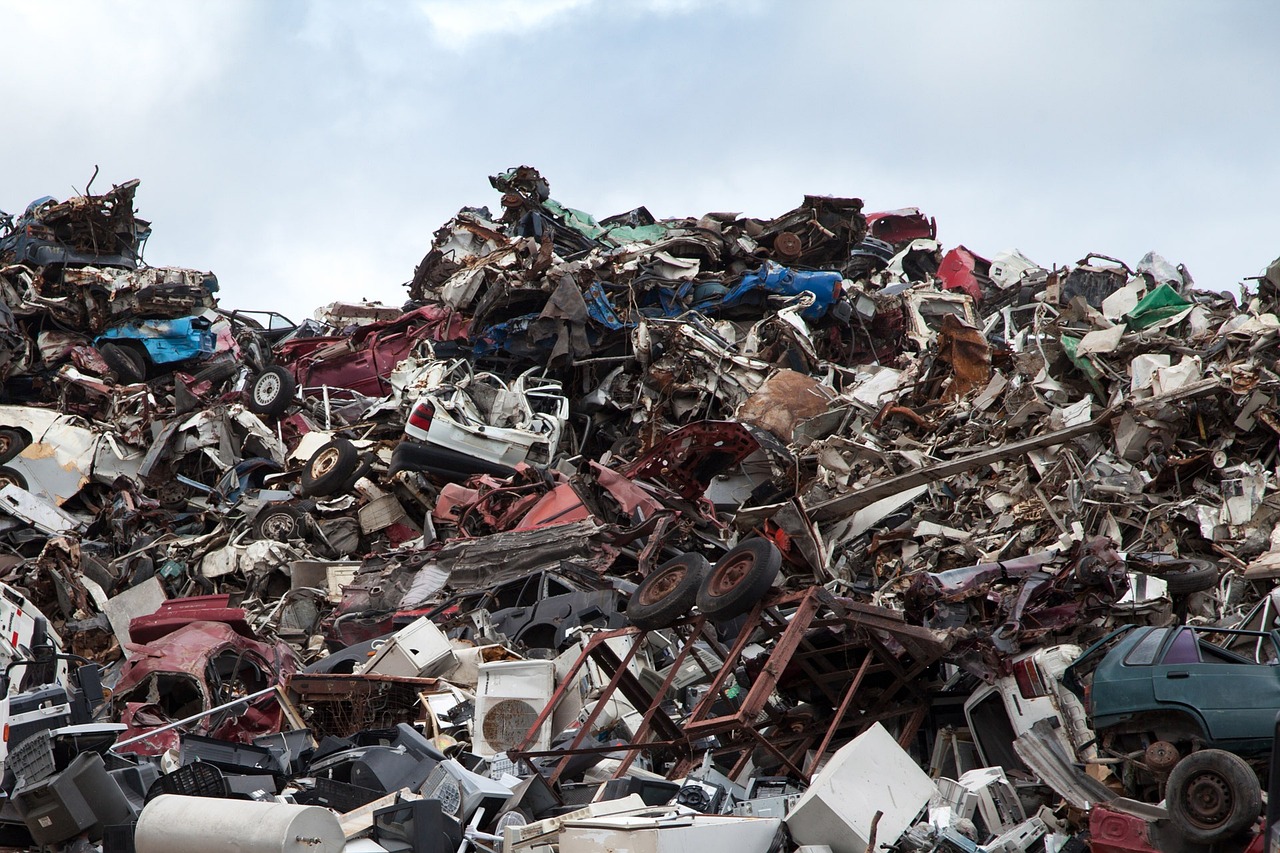
The Economic Impact of Recycling
Recycling is more than just a green trend; it's a powerful force driving economic growth and sustainability. When we think about recycling, many of us might picture bins filled with paper and plastic, but the reality is that this process has far-reaching implications for our economy. By diverting waste from landfills, recycling conserves natural resources and reduces the costs associated with waste disposal. This means that communities can allocate their budgets more effectively, focusing on essential services that benefit everyone.
One of the most significant economic impacts of recycling is the creation of jobs. The recycling industry encompasses a wide range of roles, from collection and processing to manufacturing new products from recycled materials. According to recent studies, for every job in the recycling sector, there are about 1.17 jobs created in the manufacturing sector. This ripple effect means that as more materials are recycled, more jobs are generated, fostering a robust job market.
| Sector | Jobs Created |
|---|---|
| Recycling Collection | 100,000+ |
| Processing Facilities | 200,000+ |
| Manufacturing | 300,000+ |
Moreover, recycling stimulates local economies by reducing the need for costly waste disposal methods. Landfills are expensive to maintain, and as they fill up, communities face rising costs associated with waste management. By implementing effective recycling programs, municipalities can significantly cut these costs. For instance, cities that have invested in comprehensive recycling initiatives often report savings that can be redirected toward enhancing public services like education and infrastructure.
On a national scale, the economic benefits of recycling extend even further. By reducing reliance on imported raw materials, recycling strengthens national economic stability. The U.S. alone could save billions of dollars annually by recycling more materials instead of depending on foreign sources. This not only keeps money within the local economy but also enhances energy efficiency, as recycling typically uses less energy compared to producing new materials from scratch.
However, to realize these economic benefits fully, we must overcome several challenges that hinder effective recycling practices. Contamination in recycling bins, a lack of public awareness, and insufficient infrastructure can all limit the potential of recycling programs. Addressing these issues requires a concerted effort from both local governments and community members.
In summary, the economic impact of recycling is profound and multifaceted. It creates jobs, reduces costs, and strengthens local and national economies. As individuals and communities, we have the power to influence these outcomes by participating in recycling efforts and advocating for better practices. So, the next time you toss that plastic bottle into the recycling bin, remember that you're not just helping the environment; you're also contributing to a healthier economy.
- What are the main economic benefits of recycling? Recycling creates jobs, reduces waste management costs, and decreases reliance on imported materials.
- How does recycling impact local economies? Effective recycling programs can lead to significant cost savings for communities, allowing funds to be redirected toward essential services.
- Are there challenges to recycling? Yes, challenges include contamination, lack of public awareness, and insufficient infrastructure.
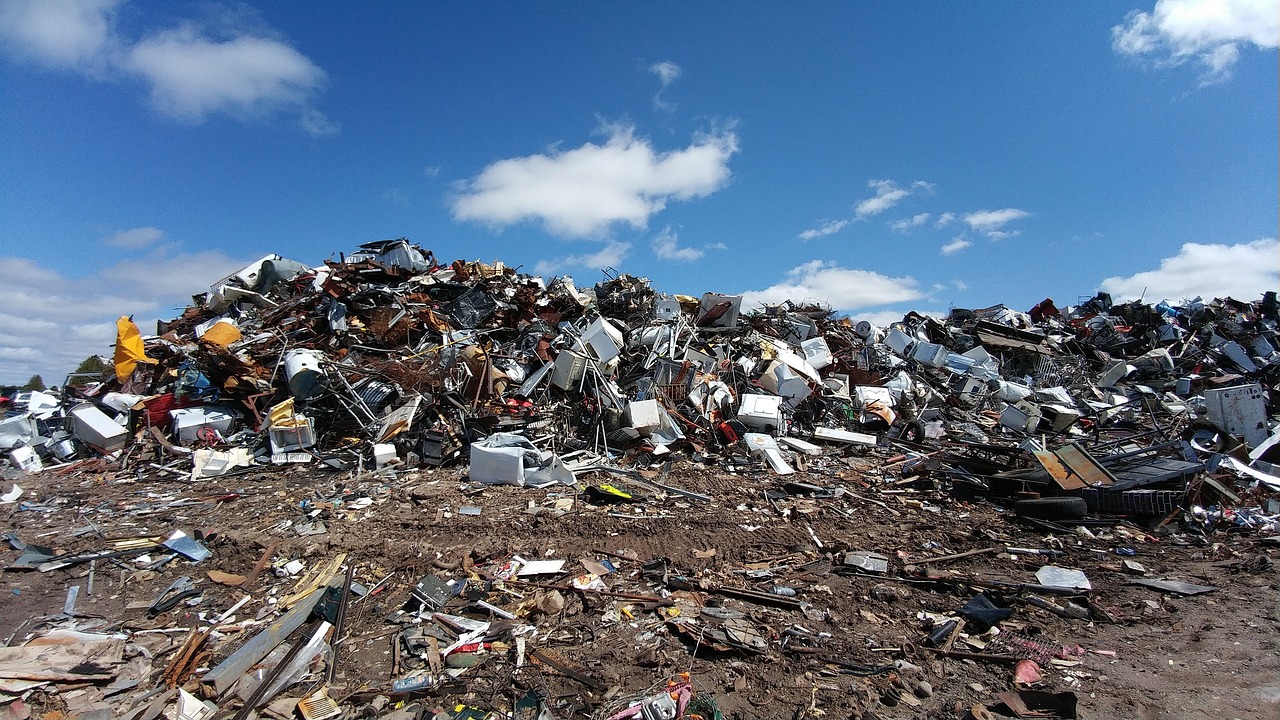
Job Creation in the Recycling Industry
The recycling industry is more than just a way to manage waste; it is a vibrant sector that plays a crucial role in job creation. When you think about recycling, you might picture bins filled with plastic and paper, but behind those bins lies a complex network of operations that requires a diverse workforce. From the moment recyclables are collected to the point they are transformed into new products, numerous jobs are created at each stage of the process.
In fact, the recycling industry generates a range of employment opportunities, including:
- Collection and Transportation: Workers are needed to collect recyclable materials from homes and businesses, ensuring that these materials are transported to processing facilities efficiently.
- Processing Facilities: Once collected, recyclables are taken to processing centers where they are sorted, cleaned, and prepared for manufacturing. This stage requires skilled laborers who can operate machinery and ensure quality control.
- Manufacturing: The final step involves turning processed materials into new products. This segment of the industry is particularly labor-intensive, as it often requires a workforce to oversee production lines and maintain equipment.
According to recent studies, the recycling sector has been shown to create significantly more jobs per ton of waste than landfill disposal. For example, it is estimated that recycling creates about 1.17 jobs per 1,000 tons of materials recycled, compared to only 0.27 jobs per 1,000 tons sent to landfills. This difference highlights the potential of recycling not just as an environmental necessity, but as a powerful economic driver.
Moreover, the jobs created in the recycling industry often come with the added benefit of being more stable and sustainable. Many positions in this field are not just temporary; they offer career paths that can lead to advancement and specialization. As communities increasingly prioritize sustainability, the demand for skilled workers in the recycling industry is likely to grow, further enhancing job security.
In conclusion, the recycling industry is a dynamic and essential component of our economy. By creating jobs at various levels—from collection to manufacturing—it not only helps in managing waste but also contributes to local and national economic growth. Supporting recycling initiatives is not just about being environmentally friendly; it's also about investing in our communities and the workforce of tomorrow.
Q: How many jobs does recycling create compared to landfill disposal?
A: Recycling creates significantly more jobs, with about 1.17 jobs per 1,000 tons of materials recycled, compared to only 0.27 jobs per 1,000 tons sent to landfills.
Q: What types of jobs are available in the recycling industry?
A: Jobs in the recycling industry include roles in collection, processing, and manufacturing, as well as positions in management and quality control.
Q: Are the jobs in recycling industry sustainable?
A: Yes, many jobs in the recycling sector offer stability and opportunities for career advancement as communities focus more on sustainable practices.
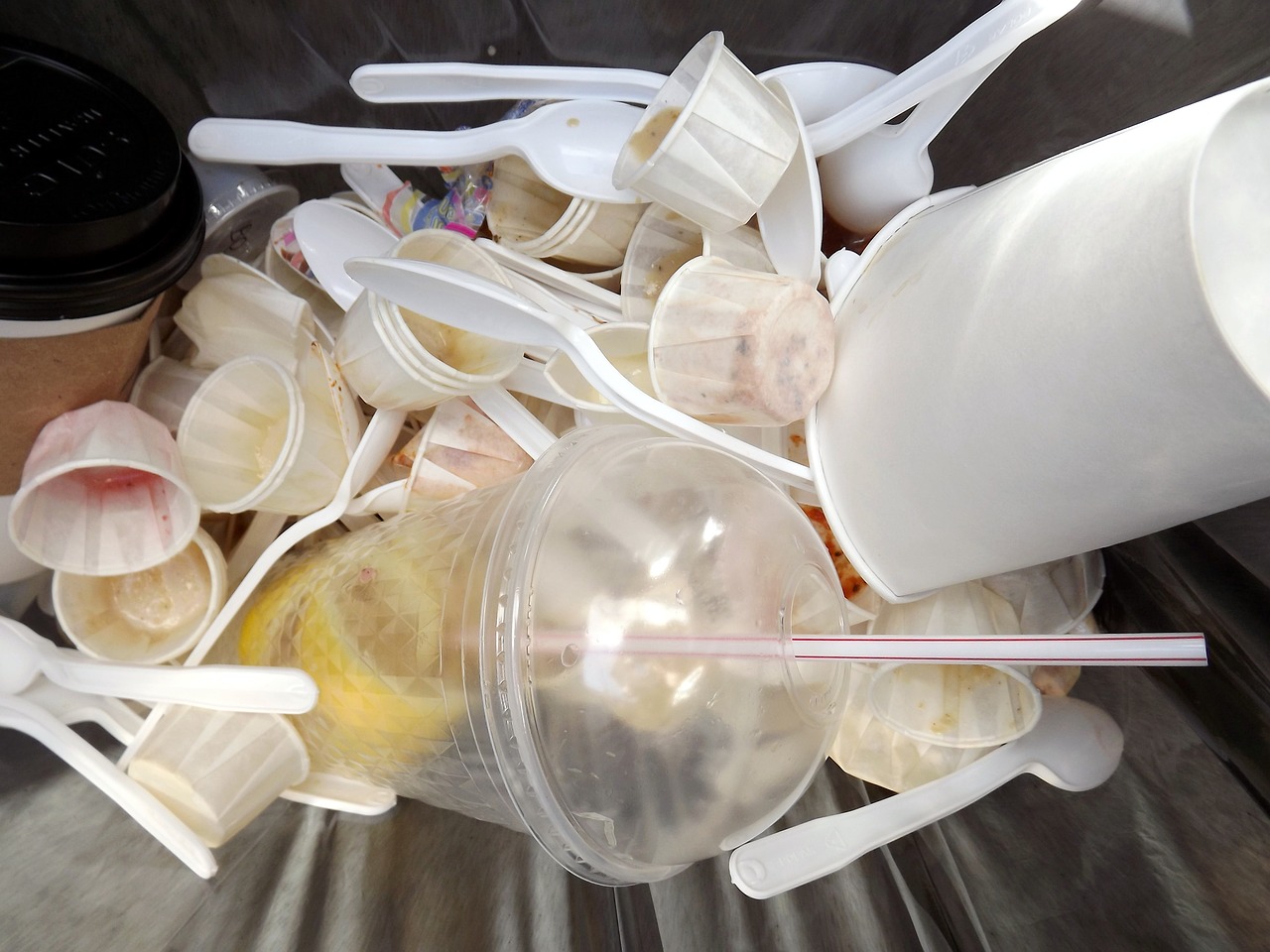
Local vs. National Economic Benefits
When we think about recycling, it's easy to focus on the immediate benefits we can see in our communities. However, the impact of recycling stretches far beyond local borders and plays a significant role in the national economy as well. On a local level, recycling initiatives create job opportunities, reduce waste management costs, and promote community engagement. For instance, when a town implements a robust recycling program, it not only provides employment for waste collectors and processors but also encourages local businesses to adopt sustainable practices. This creates a ripple effect that can lead to a more vibrant local economy.
But what about the national perspective? Recycling contributes to national economic stability by decreasing our reliance on imported materials. By processing recyclables domestically, we reduce the need to extract virgin resources, which can be costly and environmentally damaging. This leads to a more sustainable economy where resources are reused rather than depleted. According to recent studies, the recycling industry has the potential to save the U.S. economy billions of dollars by minimizing the costs associated with raw material extraction and waste disposal.
To illustrate the differences in economic benefits, consider the following table:
| Economic Benefit | Local Impact | National Impact |
|---|---|---|
| Job Creation | Increased local employment in recycling facilities | Boost in national employment rates in the recycling sector |
| Cost Savings | Reduced waste management costs for municipalities | Lower national expenditure on raw materials |
| Environmental Sustainability | Healthier local ecosystems | Reduction in national carbon footprint |
In summary, while the local benefits of recycling are clear and impactful, the national advantages are equally significant. By fostering a culture of recycling, we not only enhance our communities but also contribute to a more sustainable and economically stable nation. The synergy between local and national economic benefits underscores the importance of recycling as a key component in our fight against waste and climate change.
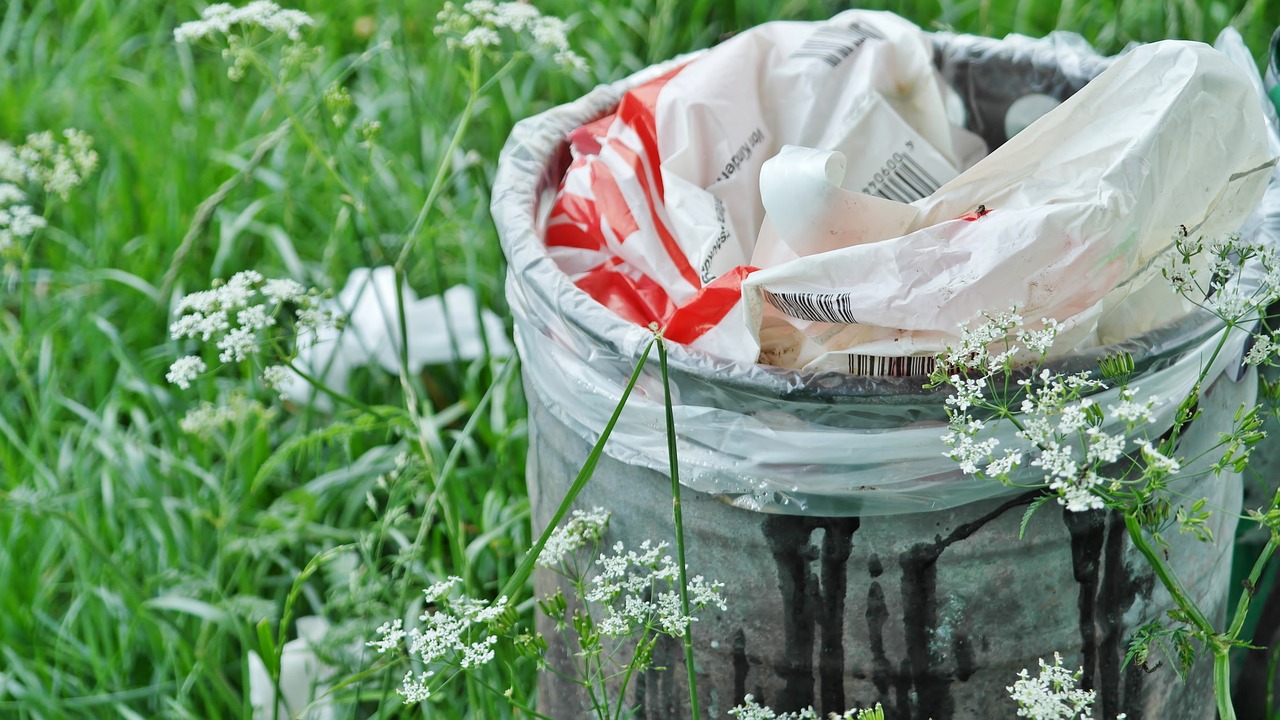
Cost Savings for Communities
Implementing effective recycling programs can lead to substantial cost savings for communities, and the benefits extend far beyond just reduced waste. When municipalities prioritize recycling, they often see a significant decrease in waste management expenses. This is primarily because recycling diverts materials from landfills, which are costly to operate and maintain. In fact, the more materials that are recycled, the less waste that needs to be transported to these facilities, resulting in lower transportation and disposal costs.
Moreover, as communities become more efficient in their recycling efforts, they can redirect those savings towards other essential services. Imagine a town that saves thousands of dollars a year on waste management; those funds could be allocated to improve schools, enhance public safety, or even invest in local parks. It’s like finding hidden treasure in your budget! In this way, recycling doesn’t just help the environment; it also enriches the community.
To put this into perspective, consider a recent study that analyzed the financial impact of recycling in various cities. The results were striking:
| City | Annual Savings from Recycling | Reinvestment Opportunities |
|---|---|---|
| City A | $300,000 | School Programs |
| City B | $450,000 | Parks and Recreation |
| City C | $250,000 | Public Safety Initiatives |
This table illustrates just a few examples of how communities are not only saving money but also reinvesting those savings into vital programs that benefit their residents. Additionally, by reducing the volume of waste, communities can lower their carbon footprint, which is another financial advantage as many regions face potential penalties for exceeding waste limits.
Furthermore, the implementation of recycling initiatives often leads to the development of local markets for recycled materials. This can stimulate job creation and generate additional revenue streams for municipalities. It’s a win-win situation! As communities become more engaged in recycling, they foster a culture of sustainability that can have lasting economic benefits.
In conclusion, the cost savings associated with recycling are undeniable. By investing in recycling programs, communities can not only reduce their waste management expenses but also create opportunities for reinvestment in essential services, enhance local job markets, and contribute to a more sustainable future. So, the next time you toss that plastic bottle into the recycling bin, remember: you’re not just doing your part for the planet; you’re also helping your community thrive!
- What types of materials can be recycled? Most communities accept paper, cardboard, glass, metals, and certain plastics. Always check local guidelines for specifics.
- How does recycling help the economy? Recycling creates jobs, reduces waste management costs, and can generate revenue from the sale of recycled materials.
- Can I recycle if I live in a small community? Absolutely! Many small communities have recycling programs in place, and if they don’t, you can advocate for one.
- What can I do to help improve recycling efforts in my community? Get involved by educating others, participating in local recycling events, and advocating for better recycling programs.
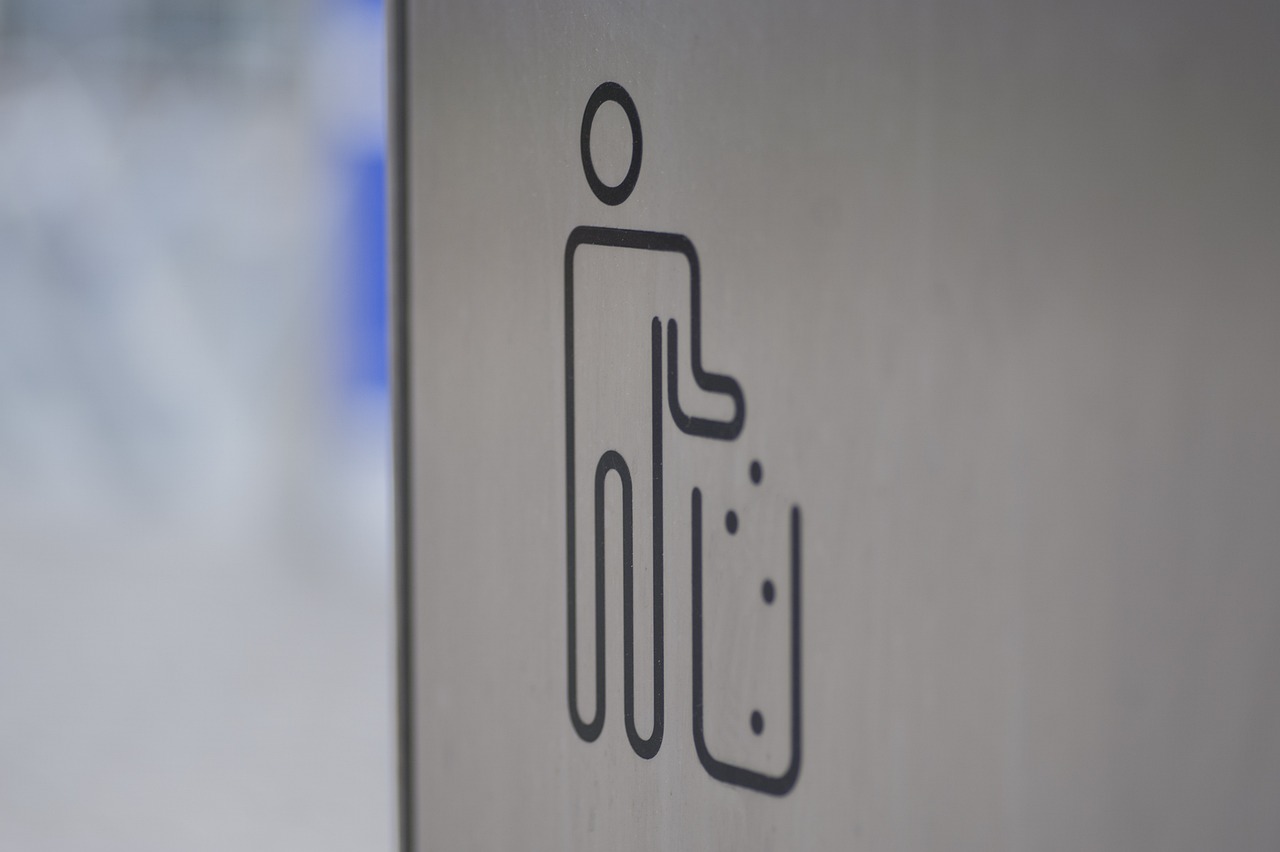
Challenges in Recycling Practices
As much as we want to champion recycling as a solution to environmental issues, it’s not without its hurdles. One of the most significant challenges is contamination. When non-recyclable materials mix with recyclables, it can spoil an entire batch, making it difficult or even impossible to process. Imagine baking a cake and accidentally adding salt instead of sugar; the whole thing is ruined! Similarly, a single contaminated item can lead to tons of recyclable materials being sent to landfills instead of being repurposed.
Another obstacle is the lack of public awareness. Many people still aren’t entirely sure what can and cannot be recycled. This confusion often leads to improper disposal, which exacerbates the contamination problem. It’s essential to recognize that recycling isn't just about throwing things in a bin; it requires knowledge and effort. To tackle this, communities must invest in educational programs that inform citizens about the dos and don'ts of recycling.
Additionally, many areas suffer from insufficient infrastructure. Not every community has access to recycling facilities or the necessary collection services. This can create a disparity in recycling rates between urban and rural areas. For instance, in cities, you might find multiple recycling bins on every corner, while in rural areas, residents may need to drive long distances to find a recycling center. This lack of accessibility can discourage people from participating in recycling programs altogether.
Moreover, there’s the issue of economic viability. Sometimes, the cost of recycling can outweigh the benefits, especially when the market for recycled materials fluctuates. When prices drop, it can make recycling less attractive for businesses, leading to a decrease in participation. This creates a cycle where less recycling leads to more waste, which in turn raises disposal costs for communities.
Lastly, there’s the challenge of consumer behavior. Even with the best intentions, some individuals may not prioritize recycling in their daily lives. It’s easy to forget to separate waste or to choose convenience over sustainability. To combat this, communities can implement incentive programs that reward residents for their recycling efforts. For example, offering discounts on utility bills for consistent recyclers can motivate more people to get involved.
In summary, while recycling is a powerful tool in the fight against environmental degradation, it faces several challenges that need to be addressed. From contamination and public awareness to infrastructure and economic viability, overcoming these obstacles requires a collective effort from individuals, communities, and local governments. By working together, we can create a more effective recycling system that not only benefits the environment but also enhances the quality of life in our communities.
- What can I recycle? Most paper products, cardboard, certain plastics, metals, and glass are recyclable, but always check your local guidelines.
- How can I reduce contamination in my recycling? Rinse out containers and ensure they are empty before placing them in the recycling bin.
- What should I do if my community doesn’t have recycling services? Advocate for local recycling programs and consider organizing a community recycling event.
- Are there any incentives for recycling? Some communities offer rewards programs or discounts for residents who actively participate in recycling efforts.
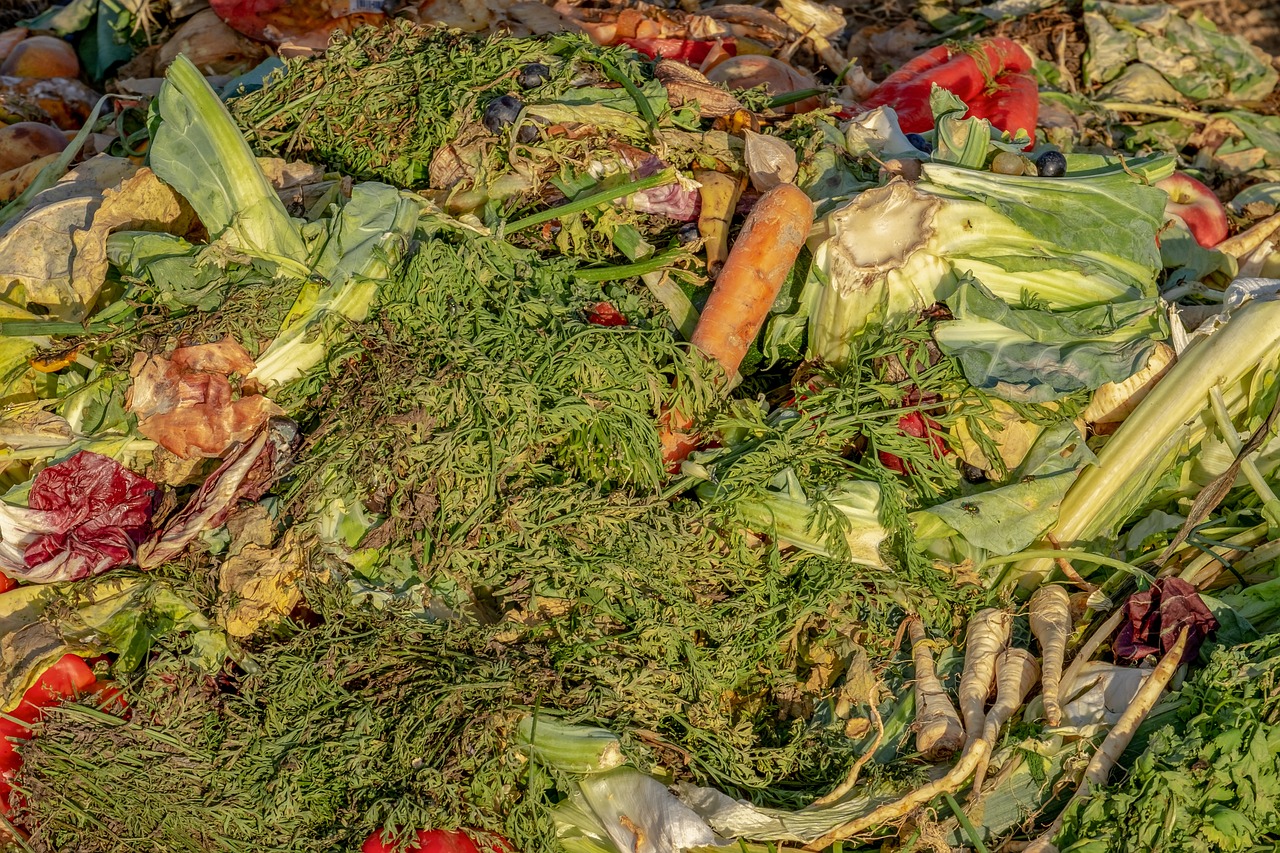
Community Involvement in Recycling
When it comes to recycling, **community involvement** is the secret sauce that can turn a good initiative into a great one. Think of it as a team sport; when everyone plays their part, the results can be astounding. The power of a united community can not only boost recycling rates but also foster a culture of sustainability that resonates through generations. Imagine walking through your neighborhood and seeing everyone actively participating in recycling efforts—it's an inspiring sight!
Engaging communities in recycling initiatives is not just about collecting cans and bottles; it’s about creating a shared sense of responsibility for our planet. When individuals feel a connection to their community’s recycling efforts, they are more likely to take action. This can take many forms, from organizing local clean-up days to establishing neighborhood recycling challenges. For instance, communities can set up friendly competitions to see who can recycle the most over a month, turning a mundane task into an exciting challenge.
Moreover, **educational programs** play a crucial role in enhancing community involvement. By providing information on the benefits of recycling and practical tips on how to do it effectively, these programs can empower residents to make informed decisions. Schools, local governments, and non-profit organizations can collaborate to host workshops and seminars, helping to demystify the recycling process. For example, a simple workshop could cover:
- What materials can be recycled and how to prepare them.
- The environmental impact of recycling versus landfill disposal.
- How recycling contributes to job creation and economic growth.
Additionally, community recycling events can serve as a fantastic platform to motivate residents. These events not only provide a convenient way for people to dispose of recyclable materials but also create a festive atmosphere that encourages participation. Picture a sunny Saturday where families gather at a local park, bringing their recyclables to a central location while enjoying food trucks, music, and games for the kids. It’s not just about recycling; it’s about building community spirit!
Furthermore, these events can also include **informational booths** where residents can learn more about recycling practices, local waste management policies, and even participate in fun activities like art projects made from recycled materials. This hands-on approach can make the concept of recycling more approachable and engaging, especially for younger generations.
In conclusion, the key to successful recycling lies in community involvement. When people feel part of something bigger than themselves, they are more likely to contribute actively. By fostering a culture of sustainability through education, events, and a shared sense of responsibility, communities can significantly enhance their recycling efforts. So, let’s rally together, roll up our sleeves, and make a difference—one recycled item at a time!
Q1: How can I get my community involved in recycling?
A1: Start by organizing community meetings to discuss the importance of recycling. Create fun events or challenges to engage residents and collaborate with local schools and organizations for educational programs.
Q2: What are some effective ways to educate others about recycling?
A2: Hosting workshops, creating informative flyers, and utilizing social media platforms are great ways to spread awareness. You can also include fun facts and statistics to grab attention!
Q3: How can we measure the success of our community recycling efforts?
A3: Track the volume of materials collected during events, conduct surveys to gauge public awareness, and monitor changes in local recycling rates over time to assess progress.

Educational Programs for Recycling Awareness
This article explores the critical role recycling plays in mitigating global warming, discussing its environmental benefits, economic implications, and how individuals and communities can contribute to a more sustainable future.
Recycling significantly reduces the amount of waste sent to landfills and conserves natural resources, leading to a healthier ecosystem and lower greenhouse gas emissions.
Recycling not only creates jobs but also stimulates local economies by reducing the costs associated with waste disposal and resource extraction.
The recycling sector generates numerous employment opportunities, ranging from collection and processing to manufacturing, contributing to economic growth in communities.
While recycling benefits local economies through job creation, it also has a positive impact on national economic stability by reducing reliance on imported materials.
Communities that implement effective recycling programs often experience significant cost savings in waste management, allowing funds to be redirected towards other essential services.
Despite its benefits, recycling faces challenges such as contamination, lack of public awareness, and insufficient infrastructure, which can hinder its effectiveness.
Engaging communities in recycling initiatives fosters a culture of sustainability, encouraging individuals to adopt eco-friendly practices and participate actively in local efforts.
Educational programs play a pivotal role in raising awareness about recycling and its importance. These initiatives are designed to inform individuals, particularly students, about the environmental impact of waste and the benefits of recycling. By integrating recycling education into school curriculums, we can cultivate a generation that understands the significance of sustainable practices. For instance, schools can host workshops and interactive sessions where students learn about sorting recyclables correctly, the recycling process, and how their actions can contribute to a healthier planet.
Moreover, community organizations can partner with local governments to develop outreach programs that target various demographics. These programs can include:
- Workshops: Hands-on sessions where participants learn to recycle effectively.
- Webinars: Online sessions that provide information on recycling best practices.
- School Programs: Educational curriculums that incorporate sustainability and recycling lessons.
In addition to traditional education methods, utilizing social media platforms can amplify the message. Campaigns that encourage sharing recycling tips or showcasing personal recycling efforts can create a ripple effect, inspiring others to join the cause. By fostering a sense of community and shared responsibility, educational programs can significantly enhance recycling participation rates.
Q: Why is recycling important?
A: Recycling helps reduce waste in landfills, conserves natural resources, and lowers greenhouse gas emissions, which are crucial in the fight against global warming.
Q: How can I start recycling in my home?
A: Start by setting up separate bins for different types of recyclables like paper, plastic, and glass. Educate yourself on what can and cannot be recycled in your area.
Q: What are the common barriers to recycling?
A: Common barriers include lack of awareness, confusion about what materials can be recycled, and insufficient recycling infrastructure in some communities.
Q: How can communities improve recycling rates?
A: Communities can improve recycling rates by implementing educational programs, organizing recycling events, and providing accessible recycling facilities.
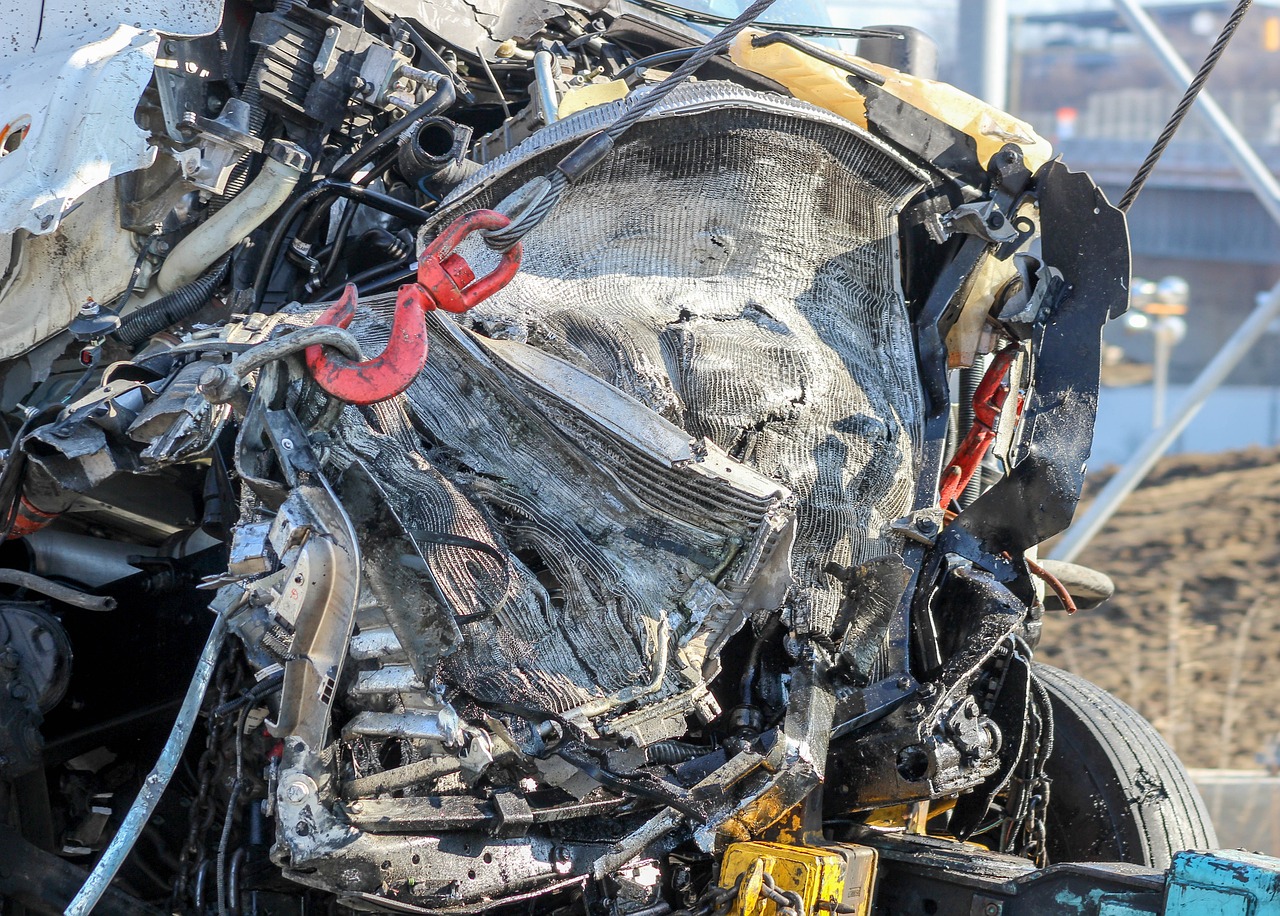
Community Recycling Events
Community recycling events are not just a trend; they are a powerful way to engage residents and foster a culture of sustainability. Imagine gathering your neighbors, friends, and family for a day dedicated to making a positive impact on the environment. These events provide a platform for individuals to come together, share knowledge, and most importantly, take action. By participating in these events, people can learn how to recycle properly, understand the significance of their contributions, and see the tangible results of their efforts.
One of the most exciting aspects of community recycling events is the sense of camaraderie that develops. When people work side by side, sorting through recyclables, they not only contribute to a cleaner environment but also build stronger community bonds. It’s like a neighborhood party with a purpose! Plus, these events often include fun activities, workshops, and educational booths that keep participants engaged and informed.
For instance, local governments or organizations can set up stations where residents can drop off items like electronics, plastics, paper, and metals. These events can also feature:
- Workshops on how to upcycle common household items.
- Demonstrations on the recycling process.
- Information booths about local recycling programs.
Moreover, community recycling events can serve as a springboard for broader initiatives. They can raise awareness about the importance of reducing waste and encourage participants to adopt more sustainable practices in their daily lives. When individuals witness the collective effort of their community, it can ignite a spark of motivation to continue recycling long after the event has ended.
To maximize the impact of these events, it’s crucial to promote them effectively. Utilizing social media, local newspapers, and community boards can help spread the word and increase participation. The more people who attend, the greater the amount of recyclable materials collected, leading to a more significant positive impact on the environment.
In conclusion, community recycling events are more than just a way to dispose of unwanted items; they are a celebration of collective responsibility and environmental stewardship. By participating in or organizing these events, you play a vital role in creating a sustainable future for your community. So, why not get involved? After all, every small action counts, and together, we can make a difference!
Q: What items can I bring to a community recycling event?
A: Most events accept a variety of recyclable materials, including plastics, paper, metal, and electronics. However, it's best to check with the event organizers for specific guidelines.
Q: How often are these events held?
A: The frequency of community recycling events varies by location. Some communities host them quarterly, while others may have them monthly. Keep an eye on local announcements!
Q: Can I volunteer at a community recycling event?
A: Absolutely! Volunteering is a great way to get involved and help make the event successful. Reach out to local organizations to find out how you can assist.
Q: What should I do if my community doesn't have recycling events?
A: If your community lacks recycling events, consider starting one! Gather a group of interested residents and reach out to local government or environmental organizations for support and resources.
Frequently Asked Questions
- Why is recycling important in the fight against global warming?
Recycling is crucial because it helps reduce the amount of waste sent to landfills, conserves natural resources, and lowers greenhouse gas emissions. By recycling, we can significantly lessen our environmental footprint and contribute to a healthier planet.
- What are the economic benefits of recycling?
Recycling not only creates jobs in various sectors, such as collection and processing, but it also stimulates local economies by reducing waste disposal costs and resource extraction expenses. This means more money stays within communities, promoting overall economic growth.
- How does recycling create jobs?
The recycling industry generates numerous employment opportunities in areas like collection, sorting, processing, and manufacturing. These jobs are vital for local economies and help foster sustainable practices in communities.
- What challenges does recycling face?
Recycling is often hindered by issues such as contamination of recyclable materials, lack of public awareness, and insufficient infrastructure. These challenges can make recycling less effective, but with education and community involvement, we can overcome them.
- How can communities get involved in recycling?
Communities can engage in recycling initiatives by organizing events, implementing educational programs, and encouraging residents to adopt eco-friendly practices. Collective efforts can significantly enhance recycling participation and foster a culture of sustainability.
- What role do educational programs play in recycling?
Educational programs are essential for raising awareness about the importance of recycling and teaching effective practices. By informing the public, these initiatives can lead to increased participation and better recycling outcomes.
- How can I participate in community recycling events?
To participate in community recycling events, keep an eye out for announcements from local organizations, schools, or government bodies. These events often provide convenient opportunities to dispose of recyclable materials responsibly while connecting with fellow eco-conscious residents.



















